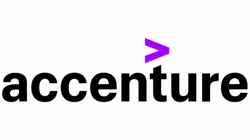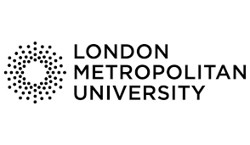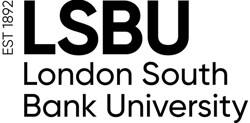Applied Diploma in Criminology
BackExam board: WJEC Educas
WHAT IS THE COURSE ABOUT?
Criminology is the scientific study of criminal behaviour. In Unit 1 you will explore crime, deviance and its social construction. You will explore a range of crimes and look at why they may go unreported. You will evaluate data from CSEW, ONS and Police Records for reliability, validity and ethics. You will evaluate a range of campaigns for change, before planning, designing and justifying your own campaign for change on an under-reported crime. In Unit 2, you will explore biological, individualistic and sociological theories of criminality, evaluating theories for strengths and weaknesses. You will also explore the impact these theories have had on policies.
In Year 2, Unit 3, you will look at the criminal process from the crime scene to the courtroom. Looking at the personnel involved, the techniques they’ve used, and their effectiveness in various criminal cases. In Unit 4, you will look at how laws are created. You will explore various forms of punishment, and what the aims are of punishments. You will explore various methods of social control and make synoptic links back to criminological theories in Unit 2 to see how these have influenced behaviour, environmental and institutional policies.
DURATION OF COURSE
WJEC Level 3 Certificate in Criminology (1 year)
WJEC Level 3 Diploma in Criminology (2 years)
WHAT TOPICS WILL BE STUDIED?
Unit 1 is titled ‘Changing awareness of Crimes’. This unit explores the different types of crimes that take place in society, why they go unreported and the consequences of this. You will also look at how the media represents different types of crime and what the significances are of this, principally on the public’s perception of crime. You will be introduced to campaigns for change that have, or are aiming to, change laws. Finally you will plan, design and justify your own campaign for change.
Unit 2 is titled ‘Criminological Theories’. You will then explore behavioural, individualistic and sociological theories of crime. This unit will also explore how the aforementioned theories and campaigns for change influence policy making.
Unit 3 is titled ‘Crime Scene to Courtroom’. You will learn about the process of from the crime scene, to the courtroom. Looking at the personnel involved in a criminal investigation and a range of investigative techniques used in criminal investigations. Learning how evidence is processed, how decisions are made about sentencing and how to examine information for validity.
Unit 4 is titled ‘Crime and Punishment’. You will learn about the criminal justice system in England and Wales and how it operates to achieve social control. You will have gained an understanding of the organisations which are part of our system of social control and their effectiveness in achieving their objectives. As such, you will be able to evaluate the effectiveness of the process of social control in delivering policy in different contexts.
WHAT CAN I DO TO PREPARE MYSELF TO STUDY THIS SUBJECT?
To prepare to study Criminology, you should keep up to date with reliable news by accessing a variety of different sources. Ask yourself: What crimes are most represented in mainstream media? How are they portrayed? Analyse the language for tone, connotations and meaning.
Some podcasts below, that often cover crime:
- Guardian: Today In Focus
- BBC: The Inquiry
- Guardian: Politics Weekly
- BBC 4: Thinking Allowed
WHERE CAN THIS LEAD ME?
This Applied Diploma in Criminology supports access to higher education degrees courses, such as:
• BSc Criminology
• BA Criminology and Criminal Justice
• BSc (Hons) Criminology and Psychology
• LLB (Hons) Law with Criminology
• BSc (Hons) Psychology and Sociology
• BSc Criminology with Law
WHAT ARE THE ENRICHMENT OPPORTUNITIES AS PART OF THIS SUBJECT?
Year 1 – Annual Criminology Conference
Year 2 – Trip to a Magistrates or Crown Court
ENTRY REQUIREMENTS:
5 A*-C including English Language (4/5)

















